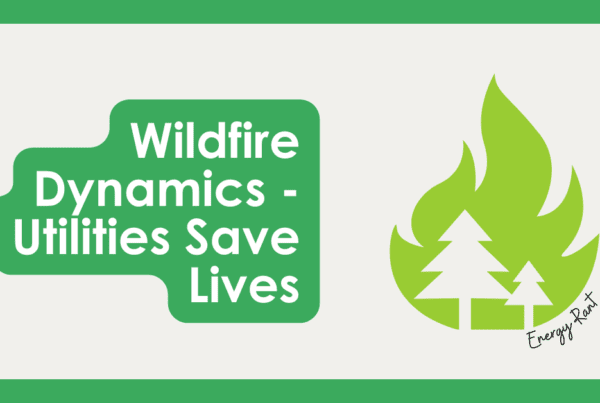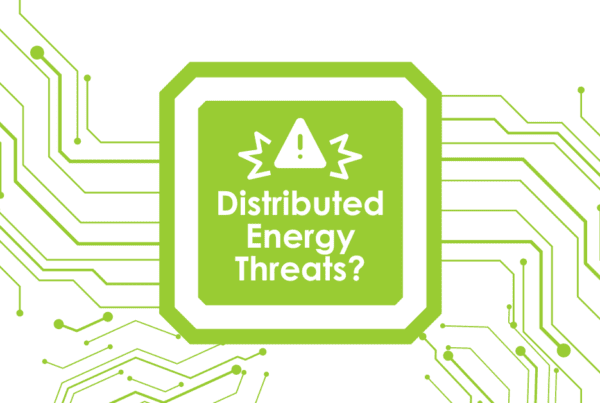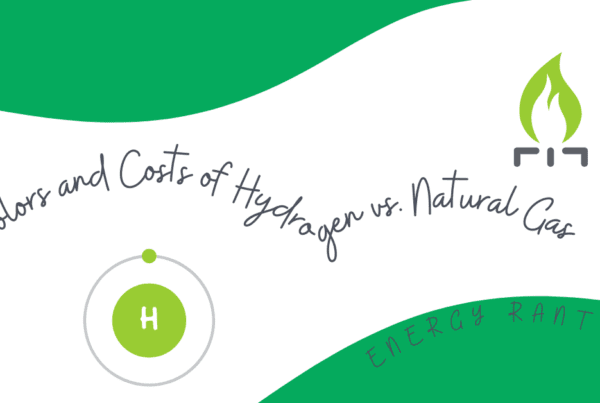
Last week I was reading this article about how corporate energy saving and sustainability goals might shake up the utility business. The crux of the article is that widespread execution of corporate sustainability plans would drive a downward spiral of energy demand that would threaten the utility industry. One reader commented that these corporate programs must be accounted for when determining utility program attribution, or free ridership.

Free ridership plus attribution equals unity, as in 1.00. Savings are either attributable to the program, or not (a free rider). For reference, see definitions of these things and other amazing, stunning facts you must see to believe at Energy Program Evaluation Asylum.
Free ridership, attribution, spillover, and all this junk seem to have taken on a life of their own, much like the battle for, or against, the health effects of wine, coffee or hormones, or right in our back yard, climate change. One organization declares this is good, or true, and therefore, another organization sets out to find its own biased results to disprove the other side.
Ok.

Determining free ridership and attribution is more subjective and open to interpretation than peoples’ favorite colors. If you ask me, there is literally a philosophical component that I’ve never seen addressed in free ridership, attribution, and net-to-gross (NTG) analysis.
So, what is this philosophical component? What would the nation look like if we had not won the war of independence against the Brits? In other words, if not for energy efficiency programs and all its ministers of efficiency, such as you the reader, would these corporate sustainability things even exist?
For example, multinational food and beverage manufacturer has a sustainability (energy savings) initiative. What is one of the first things they look for? “Free money” from the utility to help execute their plan. Would they even have a plan if:
- Some states they operate in have had energy efficiency programs for 20 years?
- Their utility key account manager hasn’t cajoled them to implement hundreds of thousands of dollars in energy savings projects?
- The utility and its service providers and trade allies didn’t constantly beat the drum of wise management of resources?
Possibly for many cases analyzed in a vacuum, the customer would have done the project anyway. But what if there were no chickens and chicken farmers to develop the incredible edible energy efficient egg the customer would have bought anyway?
Everybody understands the benefits of k-12 and post secondary education. Poverty rates of high school dropouts are much greater than those of graduates. People with college degrees earn $X.Y million dollars more on average over their careers compared to their brethren without degrees. Private k-12 and post secondary institutions exist. The market has been transformed. Everyone knows the benefits. A good portion of this industry has been privatized. Therefore, let’s drop the public (state run) k-12 and university systems.
Does anyone think the education of our populous would take a body blow if we dropped all education funded by the state? Even if parents are smart enough to put their urchins through school, the masses would be too poor to pay for goods and services produced by the graduates. Moreover, state-run, i.e., institutionalized, education sets standards and a framework from which the private institutions compare and compete. If we took down sponsored education, private institutions would soon look like crap, and they would go out of business because of societal upheaval.
I posit something very similar would happen to energy efficiency if programs where chopped off at the knees. If a corporate energy manager is tasked with improving efficiency by 10% (10% less energy per unit of output), and she seeks to leverage utility programs to get there, is this a free rider? Here is my free rider quiz for a participant:
Do you agree or disagree that people make decisions based not on what they actually want to do, but on what they think other people want to do, with the result that everybody decides to do something that nobody really wants to do, but only what they thought that everybody else wanted to do?[1]
If the response is, “I don’t know” or “What?” or “Could you repeat the question?” (or their reasonable equals) or “Yes.”, attribution = 1.0.
[1] An adaptation of the Abileneparadox





